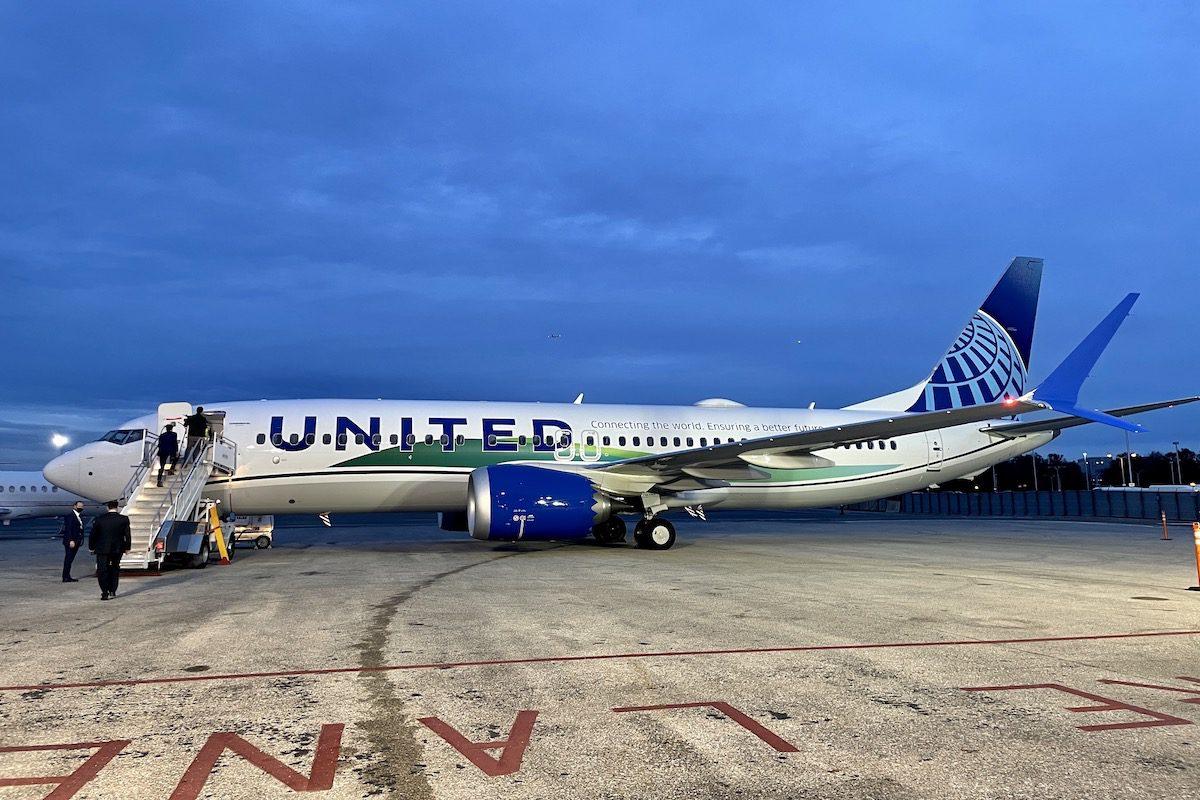U.S. Airlines Ask Government to Pause Additional Flights to China

Skift Take
The U.S. airline industry is asking the federal government to pause the expansion of passenger flights to China, citing “anti-competitive policies of the Chinese government.”
The letter, addressed to Transportation Secretary Pete Buttigieg and Secretary of State Antony Blinken on Thursday, said that the Chinese government has implemented strict limits on access to its market since the pandemic.
“On behalf of the U.S. aviation industry, we are writing to urge you pause additional passenger flights between the United States and the People’s Republic of China until U.S. workers and businesses are guaranteed equality of access in the marketplace, free from the existing harmful anti-competitive policies of the Chinese gov

